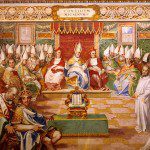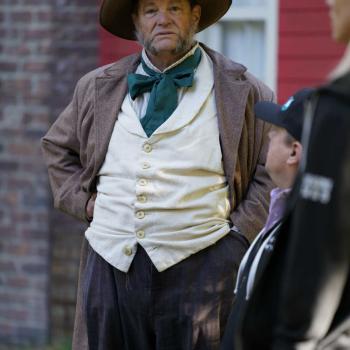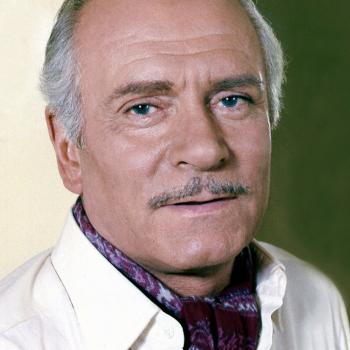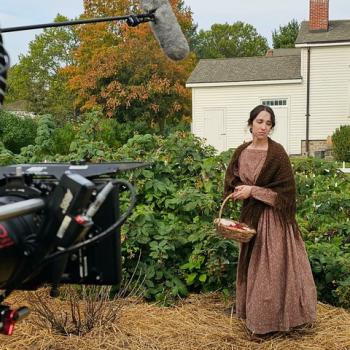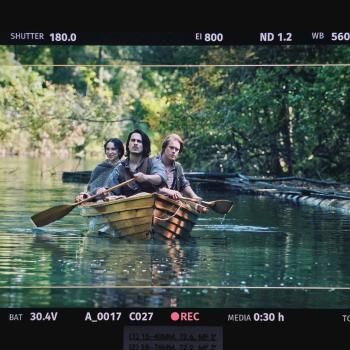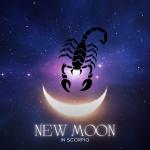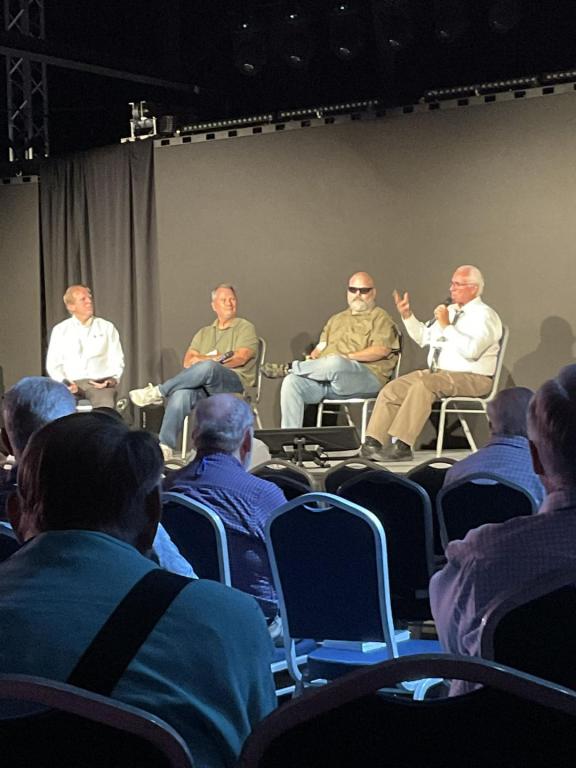
(Photo by Sarah Allen used with her kind permission)
To my mind, the improvised panel discussion this past Friday, which was the last day of the 2023 FAIR conference, was truly remarkable. I’m almost tempted to label it “historic,” as it included three of the most prominent current experts on Mesoamerica and the Book of Mormon all together on the stage. I repeat here what I posted about it on that day:
Jenny Reeder was supposed to speak this morning about “The Eliza R. Snow Project,” but circumstances prevented her from coming. However, FAIR landed very much on its feet. A special panel — a remarkably good one — was put together for a live Q&A on the Book of Mormon, moderated by Scott Gordon, the president of FAIR. The panel members were Kerry Hull, Brant Gardner, and, to the great delight of many of us (since he’s been struggling with serious health issues), Mark Wright. “We are in the best position that we’ve ever been in,” Kerry Hull said with regard to the evidentiary status of the Book of Mormon and reflecting the consensus of the panel. “And I guarantee that we’ll be in an even better position in the next twenty years.” This was a really good conversation. Watch it when you can.
At the end of the conference, a group of us (including Mark Wright and his wife, which pleased me very much) went out to dinner at Los Hermanos in Orem. The food was good, of course, but I really enjoyed my table conversation with Mark Ashurst McGee and Don Bradley, who were seated closest to me.
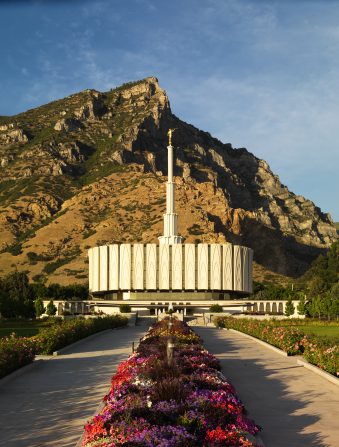
Saturday began with a session at the Provo Utah Temple. (There won’t be too many more opportunities before it’s closed for, umm, renovation.) Members of the board of Interpreter, along with (unbeknownst to me) contributors to the new volume Steadfast in Defense of Faith and a few friends, had been invited to the 10:00 AM session, in connection with our eleventh Interpreter Foundation birthday party later in the day. I was pleased to officiate in the temple on behalf of an Indian man who had been born in the Punjab in or near 1824. As I proceeded through the various stages of the endowment, I reflected once or twice on the remarkable fact that the name of a presumably fairly ordinary man from the Indian subcontinent was being remembered and spoken aloud in the western United States almost exactly two centuries after his birth.
I’ve long been impressed that the temple and the concentration camp (or labor camp or re-education camp) are two of the great symbolic and real opposites in our world. The purpose of the camp is to reduce individual persons to numbers, to members of groups, or even to erase them altogether. In the temple, people aren’t mere numbers or fungible items in a batch. The goal in the temple — the contrast could scarcely be more stark — is to remember, individually and lovingly, every person who has ever lived, no matter how foreign in time or place.
Remember the worth of souls is great in the sight of God; for, behold, the Lord your Redeemer suffered death in the flesh; wherefore he suffered the pain of all men, that all men might repent and come unto him.
And he hath risen again from the dead, that he might bring all men unto him, on conditions of repentance.
And how great is his joy in the soul that repenteth! (Doctrine and Covenants 18:10-13)
Thereafter, some of those who had been in the temple gathered at the Brick Oven for lunch. One of them was a young boy when we lived in Cairo and his father was both the president of the Latter-day Saint branch there and a professor of history at the American University in Cairo. That boy is now a brigadier general. (Man, am I old!)
After lunch, a few of us began to set things up for the birthday party in our local ward building.
It began at 5:30, and we had, by our count, roughly 104 people there with us. Volunteers, donors, friends. Once again, Bruce Webster — one of our regular Interpreter Radio hosts — generously provided the delicious meats. (Some folks had been wondering and asking whether he would be doing so this year — yes, his cooking is that good — and I’m almost as happy to say that he did as the guests on Saturday were happy to eat his smoked brisket and pork.)
While dinner was underway, some interesting announcements were made and Newell Wright presented an overview of some of his recent research on the reach of the Interpreter Foundation.
Then we retired to the chapel, where, among other things, we showed them the new preview video about the Interpreter Foundation’s Not by Bread Alone project — shorn of the appeal for donations at the end. (We were complying with the Church’s rules against fundraising on Church property and, anyway, we have never solicited donations at our annual birthday parties.)
The main event for the evening was a presentation by Professor Gerrit Dirkmaat of Brigham Young University. Entitled “Sweeter than Honey: Brigham Young’s Devotion to Joseph Smith’s Teachings,” it was perfectly aligned with what we’re trying to do with our Six Days in August project. I didn’t script it, but I couldn’t have scripted it any better. Happily, too, thanks to the efforts of my friend Tom Pittman, a video recording of Dr. Dirkmaat’s remarks is already available (at no charge) on the website of the Interpreter Foundation: https://www.youtube.com/watch?v=XaOnFXVn54A
Afterwards, my wife and I met for a short time with Mark Goodman (and his wife) and Russ Richins, two of the three core members of our group of filmmakers, and looked at some casting options for Six Days in August. I’m very pleased to say that we’re settling on several of the leading actors for the film. The processes beginning to be both very real and quite exciting.


